Human Development: A Cultural Approach, Australian and New Zealand Edition :
Human development is a dynamic and multifaceted process influenced by biological, psychological, and social factors. Human Development: A Cultural Approach – Australian and New Zealand Edition by Jeffrey Arnett, Laurie Chapin, and Charlotte Brownlow presents a unique perspective on lifespan development, emphasizing how culture shapes human growth from infancy to old age.
Unlike traditional development texts that focus solely on universal stages of development, this book integrates cultural variations, particularly within Australia and New Zealand. It highlights how factors like indigenous traditions, societal norms, economic conditions, and multicultural influences affect cognitive, emotional, and social development.
Key Features of the Book
✔ Cultural Perspective on Development – Examines how cultural differences impact psychological growth and behavior.
✔ Australian and New Zealand Focus – Includes real-life case studies and research relevant to these regions.
✔ Lifespan Development Approach – Covers infancy, childhood, adolescence, adulthood, and aging.
✔ Social & Environmental Influences – Explores family, education, technology, and media in shaping development.
✔ Engaging Learning Tools – Features discussion questions, case studies, and research-based insights.
Why This Book is Important for Students and Professionals
✔ Helps Understand Cross-Cultural Psychology – Ideal for students in psychology, sociology, and education.
✔ Applies Psychological Theories to Real-World Contexts – Demonstrates how human behavior is shaped by cultural norms.
✔ Prepares for Careers in Education, Counseling, and Social Work – Useful for those working with diverse populations.
✔ Bridges Theory and Practice – Encourages critical thinking about human growth in different cultural settings.
Who Should Read This Book?
📌 Psychology and Sociology Students – Essential for those studying developmental psychology and cultural influences.
📌 Educators and Childcare Professionals – Offers insights into child and adolescent development.
📌 Healthcare and Social Work Practitioners – Helps professionals understand cultural differences in human behavior.
📌 Parents and Caregivers – A valuable resource for understanding how upbringing and society shape development.
Topics Covered in This Book
- Theories of Human Development – Understanding major psychological models like Piaget, Vygotsky, Erikson, and Bronfenbrenner.
- Cognitive and Emotional Growth – How thinking, memory, and emotional regulation evolve over time.
- The Role of Culture in Identity Formation – Examining how different cultures shape personality and values.
- Family Dynamics and Parenting Styles – Comparing Western and non-Western parenting approaches.
- Educational Development and Learning Styles – Exploring how culture influences education and academic success.
- Technology and Media Influence – Analyzing how digital advancements shape social and cognitive development.
- Mental Health and Well-being – Understanding cultural attitudes toward mental health and therapy.
- Aging and Later Life – The impact of cultural perceptions on aging and elderly care.
Why This Book Stands Out
🔹 Focuses on the Australian and New Zealand Context – Unlike generic psychology books, this edition is tailored to regional cultural influences.
🔹 Combines Classic and Modern Theories – Covers both traditional developmental theories and recent cultural psychology research.
🔹 Provides Real-World Applications – Includes practical examples, case studies, and discussion prompts.
🔹 Encourages Critical Thinking – Helps students analyze how their own culture impacts their development.
Understanding human development is essential for anyone working in education, psychology, healthcare, or social work. This book provides a deep and culturally sensitive perspective, helping readers appreciate the diversity of human experiences across different cultural backgrounds.
Get your copy today and explore how culture shapes human growth and development!
you may like .https://natashabookstore.com/books/real-estate-marketing-playbook/


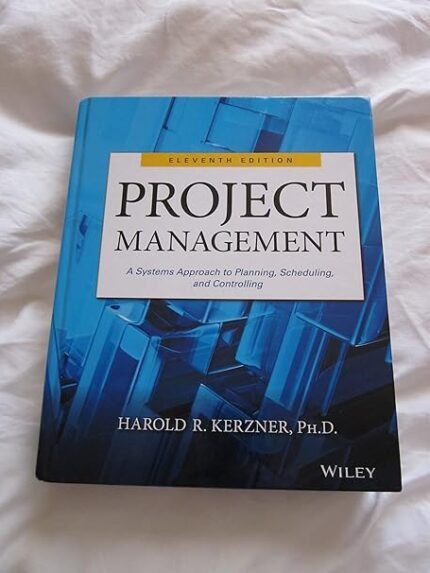

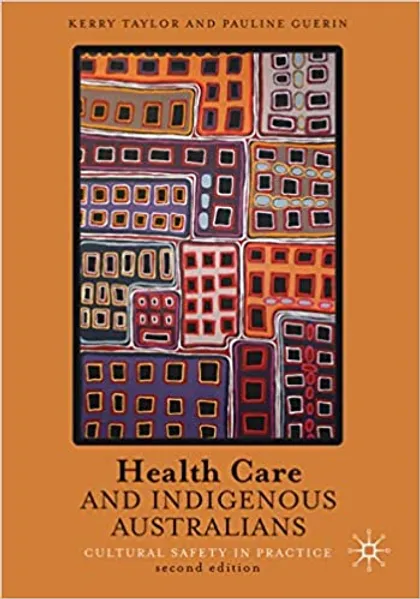
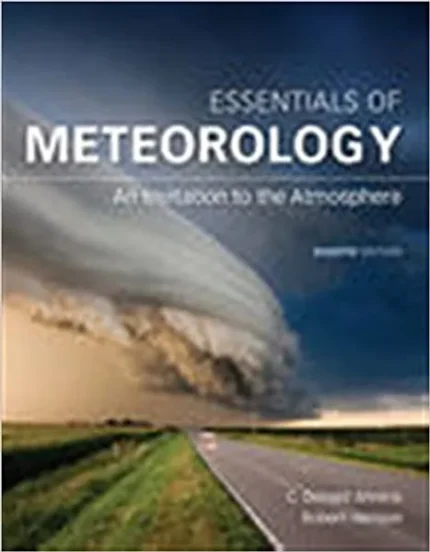
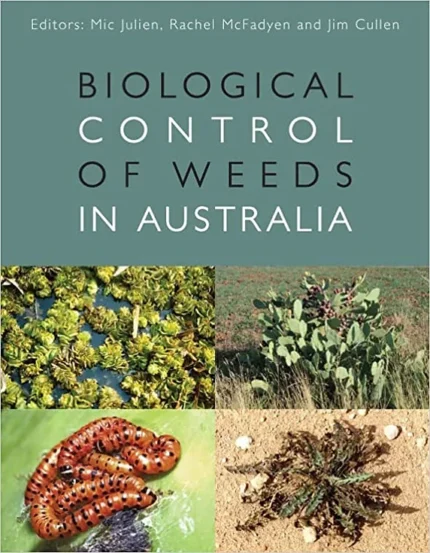
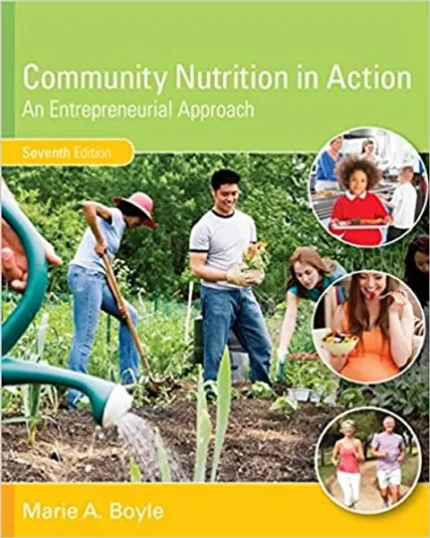
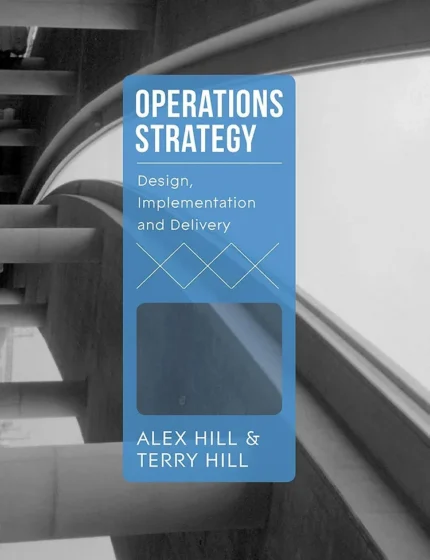

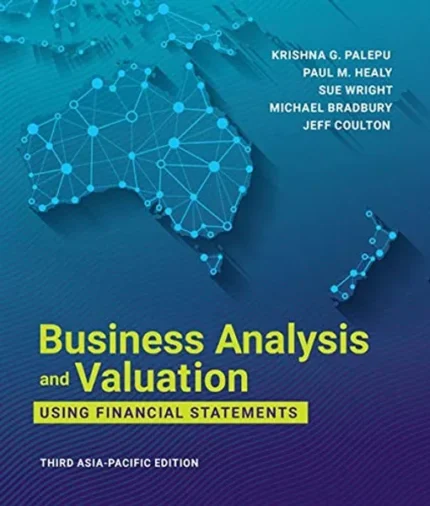
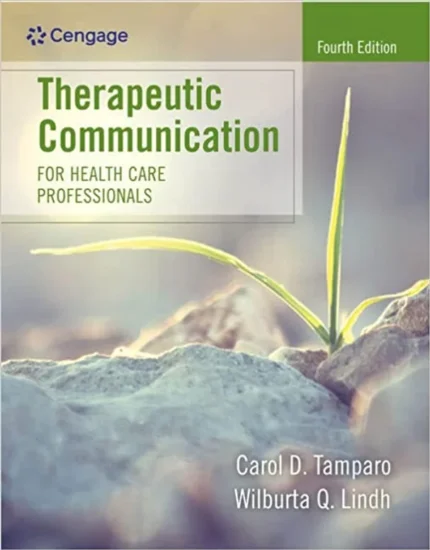
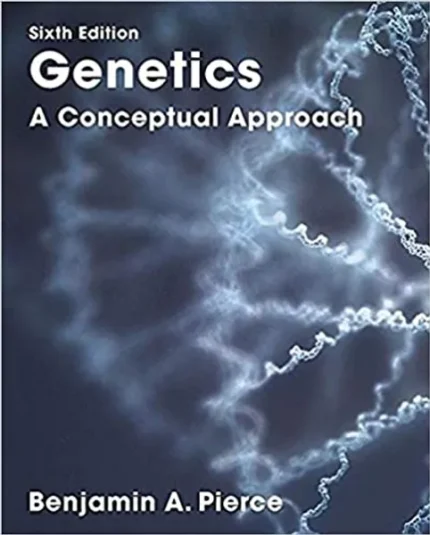
Reviews
There are no reviews yet.